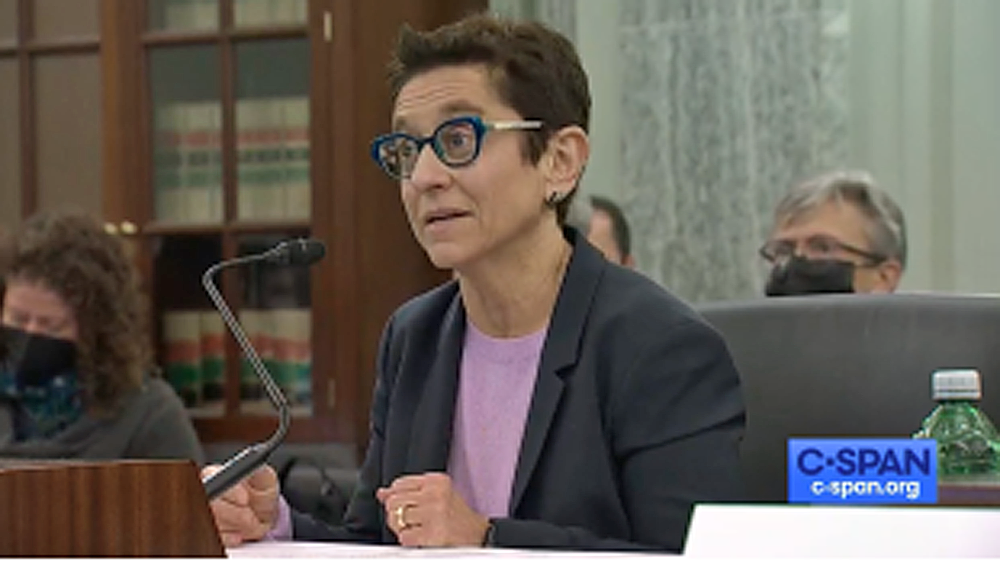
The broadcast networks on Feb. 11 signed off on Locast‘s $700,000 settlement of a court ruling that the now-shuttered streaming platform had violated copyright law by streaming TV stations over the internet without permission or payment. That is according to a copy of FCC nominee Gigi Sohn’s written answers to questions from Senate Commerce Committee Democrats following her second confirmation hearing in the committee. Sohn had been a board member of Locast.
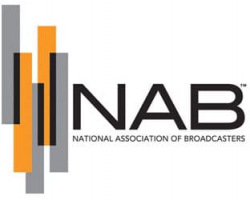
NAB CEO Gordon Smith: “Although NAB does not currently oppose the nomination of Gigi Sohn, we have serious concerns about her involvement as one of three directors of the illegal streaming service Locast.”
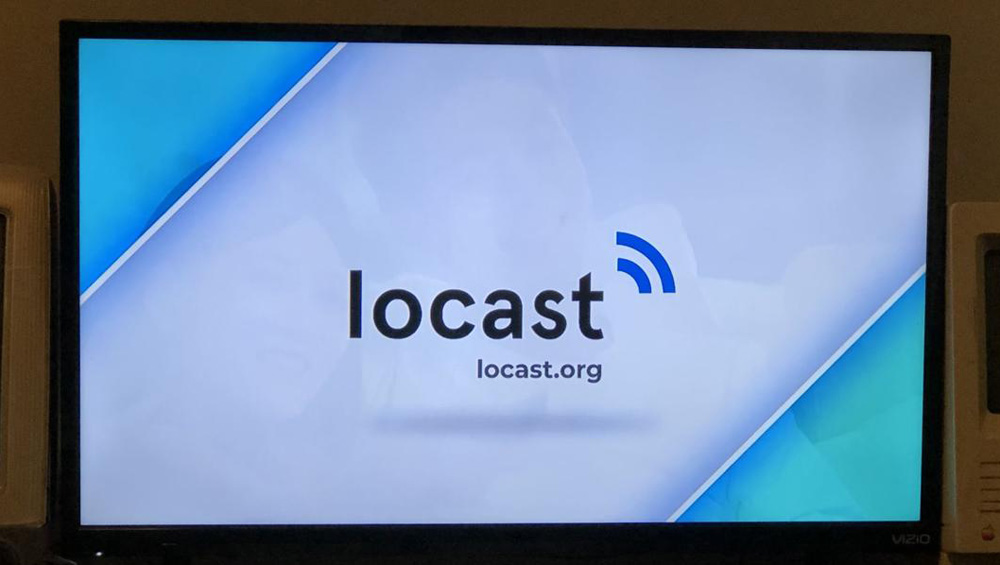
In the wake of a court order that permanently shut down Locast, the erstwhile provider of free streams of local broadcast TV feeds is now on the hook to pay $32 million in statutory damages after agreeing to settle a copyright lawsuit brought by ABC, CBS, Fox and NBCUniversal.
Locast Ruling Could Offer Narrow Path For Successor Apps

Major TV networks notched a win recently when a New York federal court permanently barred streaming service Locast from transmitting broadcast content over the internet, but the ruling could also leave the door open for successor companies to attempt alternative streaming tactics, experts say.

The owners of the country’s major broadcast TV networks — ABC, CBS, NBC and Fox — had sued Locast in 2019, saying Locast violated their copyrights, and asked for the service to be shut down. After a decision against it, Locast suspended operations on Thursday.

Locast, the local TV station streaming services, said late Wednesday that it was suspending its interruptions to its programming to ask those who have not contributed to the service to do so. Locast has argued since its inception that it is eligible for a nonprofit exemption from copyright laws, but the U.S. District Court for the Southern District of New York this week agreed with the broadcast networks, who challenged that nonprofit status.
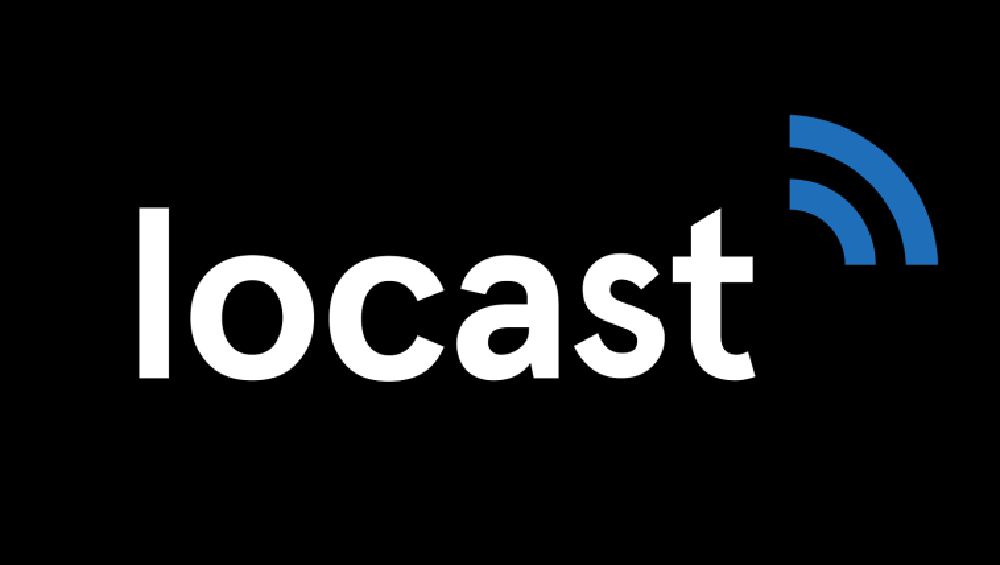
The four major U.S. broadcast networks — ABC, CBS, NBC and Fox — have emerged victorious in a lawsuit against Locast, a nonprofit that enables — or they say, basically steals — local TV streams. Plaintiffs — the stations — asked a judge to throw out Locast’s claim that its online service is legally exempt from copyright infringement liability because it seeks only donations, not fees, from users, and only enough to keep its business running. Locast wanted a finding that it is exempt.

Local TV streaming service Locast said it has launched in its 35th market, Pittsburgh (DMA 26). The geofenced service will also include Morgantown, W.Va., with is lineup of 40-plus TV station channels.

Locast delivers more than 45 local TV channels in the Columbus DMA, including WCMH, WSYX, WBNS, WTTE, PBS, PBS Kids, as well as DABL, Telemundo, Antenna, CourtTV, Movies, MeTV, TrueCrime, CW, Circle, Bounce, Quest, Laff, Comet, HSN, Grit, Charge! and more.

Locast has expanded its free streaming service to the Raleigh-Durham, N.C., area, delivering 40 local TV channels to the market’s nearly 3 million residents, which also includes Fayetteville, Chapel Hill and Rocky Mount. Raleigh is Locast’s 33rd market.

Locast is now available in the Tri-Cities market, which includes Bristol, Johnson City and Kingsport in Tennessee as well as surrounding rural areas in Tennessee, Virginia and Kentucky. Locast says it will make available more than two dozen local TV channels to the area’s nearly 700,000 residents.

The fight between broadcasters (ABC, CBS, Fox and NBC) and Locast is nearing its day in court, but the lawyers representing the broadcasters (plaintiffs) have filed a request for summary judgement with the U.S. District Court in New York as they do not believe, and provide reasoning, as to why Locast is not a nonprofit entity and therefore cannot rebroadcast their signals.

Nonprofit streaming service Locast has announced deployment into its 31st market: the Portland, Ore., area. The service will deliver 39 local broadcast channels across 27 counties in Oregon and Washington, covering cities ranging from Salem and Tallamook in Oregon to Vancouver and Longview in Washington.

Locast, a nonprofit service that coordinates signals from local television stations and streams them through a smart TV, most streaming devices and smartphones, debuted Wednesday in 17 Northeast Ohio counties: Ashland, Ashtabula, Carroll, Cuyahoga, Erie, Geauga, Holmes, Huron, Lake, Lorain, Medina, Portage, Richland, Stark, Summit, Tuscarawas and Wayne.
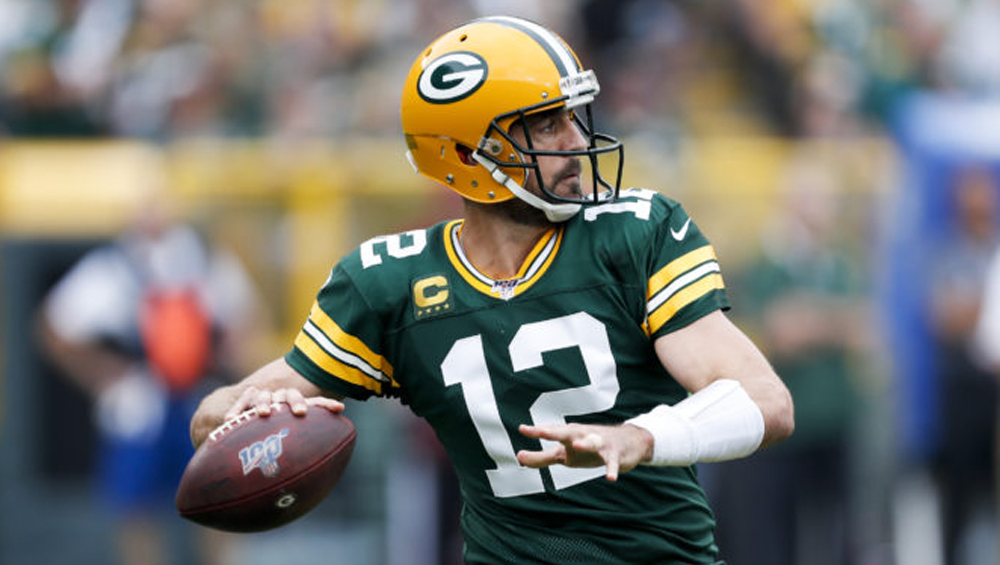
The streaming service also announces its latest expansion, entering its 26th market, Madison, Wis., in time for the big Packers-Rams playoff game on Fox on Saturday.
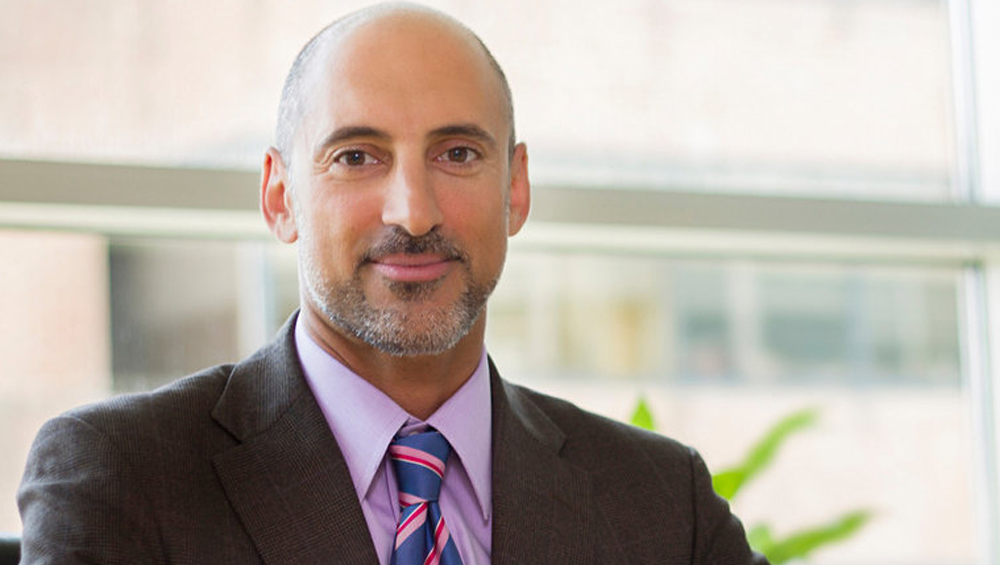
Locast, the nonprofit broadcast TV streaming service that’s a legal target of major US broadcasters, has turned a corner of sorts, according to founder and chairman David Goodfriend. Locast, a service that launched in January 2018 and is now available in 25 U.S. markets, has 1.7 million users nationwide. Locast also has enough paid donors in that group for the nonprofit to attain operational sustainability, he said.

Locast, the nonprofit streaming service focused on local TV stations, said Wednesday that it has debuted in its 24th U.S. market, Indianapolis. The streaming service also said it now has 1.7 million users.

The free service is offering 66 TV channels in the nine counties comprising the 14th DMA.
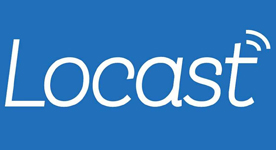
The free streaming service offers viewers more than 45 TV channels.

With the addition of these three Florida markets, Locast now delivers local TV channels via the internet into 21 U.S. TV markets containing more than 134 million viewers or 41% of the U.S. population. Locast has more than 1.4 million users.
Locast Adds Tampa-St. Petersburg-Clearwater

The more than 3 million residents in the Tampa-St. Petersburg-Clearwater DMA using internet-connected devices can watch, for free, their local broadcast TV stations in high definition, including Big 4 affiliates, their subchannels and more.

The former Clinton aide and Dish attorney is the latest to go head-on against the major broadcast conglomerates over OTA streaming. You might want to bet on the defendant this time.
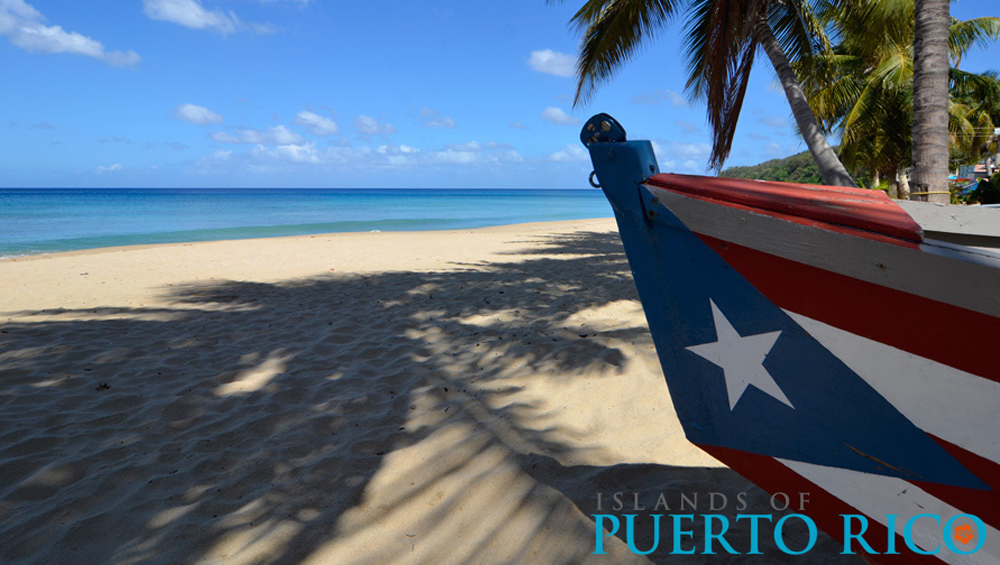
Locast, a free streaming app offering access to local broadcast television, is now offering a dozen local TV channels via the internet across Puerto Rico. The nonprofit said the timing of the launch should help the U.S. territory keep its citizens informed during the ongoing coronavirus outbreak and the incoming summer hurricane season.

Gigi Sohn, former adviser to FCC Chairman Tom Wheeler and before that head of fair use advocates Public Knowledge, has joined Locast’s board of directors. Locast streams TV station signals online, using a copyright carveout to do so without having to seek permission from the station or pay a license fee, which Locast argues is essentially a “fair use” of the signals under the law, though the TV networks see it differently.

The free TV station signal streaming service says it will be streaming a dozen local TV channels in Puerto Rico later this year.

The free live TV streaming service that launched in January 2018 in New York City offering access to 15 over-the-air TV stations including ABC, CBS, Fox, and NBC affiliates, says it now has 1 million registered users after expanding to Denver, Atlanta, Phoenix, Washington, San Francisco, Seattle, Los Angeles, Baltimore, Philadelphia, Boston, Chicago, Houston, Dallas, New York and South Dakota.. Locast did not say how many of them are donating to Locast but a million users is a good base to start with.
Locast Adds Sioux City To Its Portfolio

Viewers in Sioux City, Iowa (DMA 148), can now get free broadband access to 20 local TV channels — though Locast solicits contributions to cover expenses. The new is the 17th for station streaming service that claims over 1 million sign-ups.

The effort by TV signal streamer Locast.com to raise $500,000 to fight a lawsuit filed by the broadcast networks has so far raised only a fraction of its goal. Almost a a month in, Locast’s gofundme page has raised only $10,948, and only about $1,000 in the past 10 days.

The streaming service has created a legal defense fund to battle CBS, NBC, Fox and ABC to “protect streaming of local broadcast TV.”

David Goodfriend, founder of controversial not-for-profit outfit Locast, said the parent companies of ABC, CBS, NBC and Fox “waited too long” to sue him over the alleged theft of their signal. He also questioned why they didn’t seek a temporary restraining order to halt the two-year-old company’s operations, as they did in the case of Aereo years earlier.

The Big Four networks have opened another front in their battle with Locast, the startup behind a free service that streams local TV signals in several large U.S. markets. In their latest move, ABC, NBCUniversal, CBS and Fox have urged a New York court to dismiss recent counterclaims filed by Locast and to instead focus on what the broadcasters claim to be Locast’s “wholesale violation of the Copyright Act.”
Locast Adds Atlanta And Phoenix

The streamer alleges that ABC, CBS, Fox and NBC are engaged in sham copyright litigation and are colluding to deny consumers over-the-air signals they once committed to make freely available.
Jessell | Court Should Quash Retrans-Killer Locast
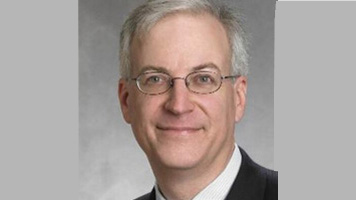
How does Locast think it can get away with retransmitting broadcast signals to smartphones and smart TVs without compensating broadcasters? By claiming to be a nonprofit. But I expect that a federal judge will see through that fiction and find that it is nothing more than a front for Dish and AT&T’s DirecTV.

The broadcasters aim to shut down the digital app service that has attracted tens of thousands of users and is threatening billions of dollars in retransmission contracts.

Locast, the free TV station streaming service, has gotten a big financial boost from AT&T, which said Thursday it was contributing a half a million dollars to the service’s nonprofit parent, the Sports Fans Coalition New York.

Locast, a startup that provides streaming access to local TV channels in a growing number of markets, continues to succeed where others, such as Aereo and Ivi, crashed and burned. It’s still early days, but Locast appears to have found a way to stream access to those channels without having to dodge the crushing legal hammer of powerful U.S. broadcasters.










































